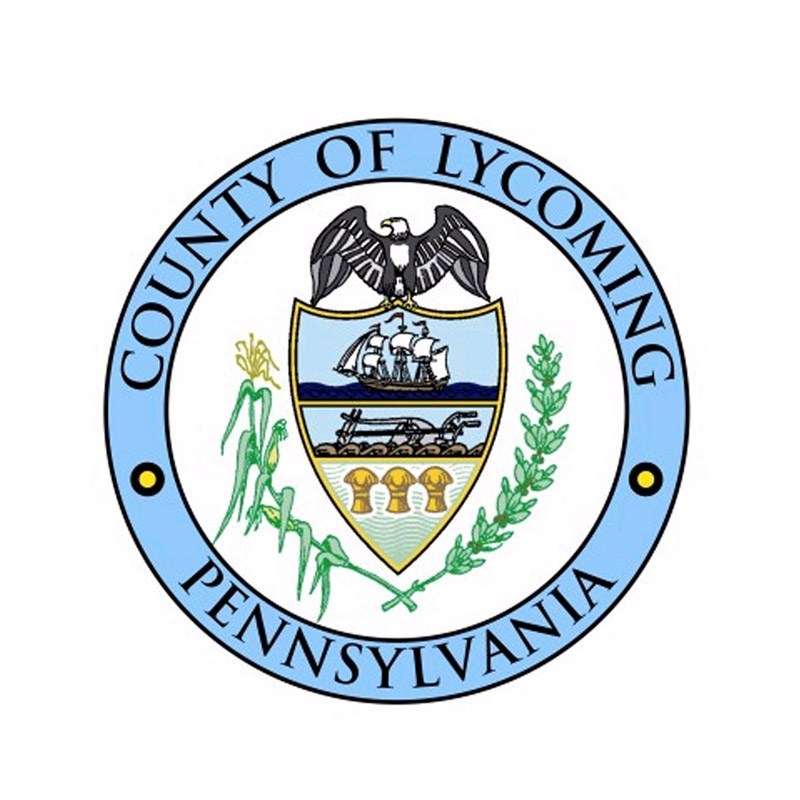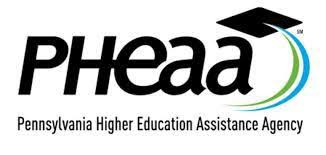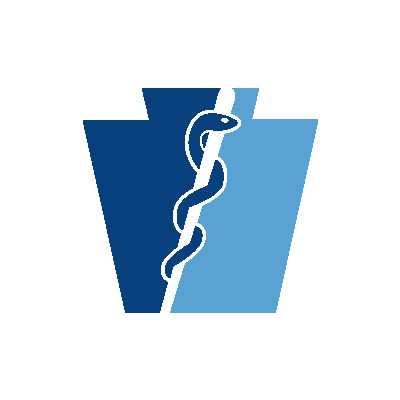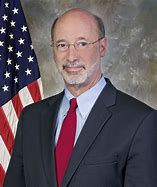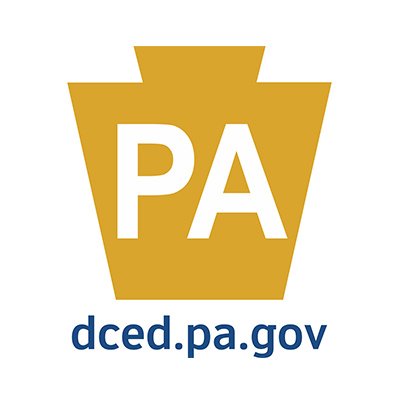Lycoming County – Lycoming County Resource Management Services and Muncy Creek Township Officials have been working to maintain a clean, safe, and sustainable recycling drop off program located at Muncy Creek Township municipal building. Unfortunately, the recycling site has become a location for unwanted household waste and misuse of the site.
Certain individuals have been discharging waste at the recycling drop off site; waste has included household waste, tires, and unwanted plastic items. Certain individuals have also been improperly using the site by leaving their recycling next to the containers instead of depositing them into the containers.
Leaving such items at the sites is an expense to the Township and ultimately to the taxpayers’ dollars for disposal cost and enforcement fees. Leaving such items is illegal dumping/littering.
The Muncy Creek Township recycling drop off site will be permanently closing if this issue does not improve by the end of the year, December 31, 2020.
Muncy Creek Township Supervisors will be discussing the possible closure at their upcoming Township meeting on Monday, October 19 at 7:00pm. To voice your concerns regarding this closure you may attend the meeting, write to Muncy Creek Supervisors, or call the Township Building.
